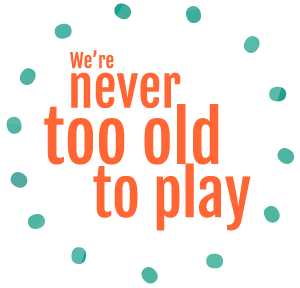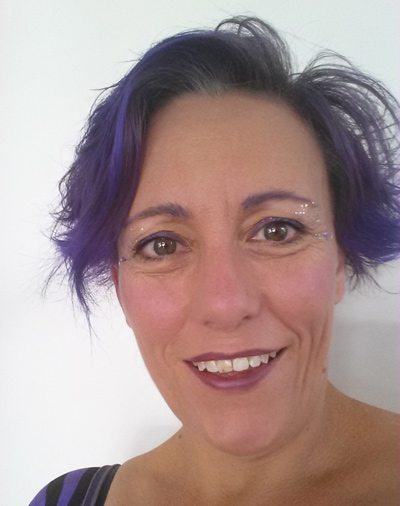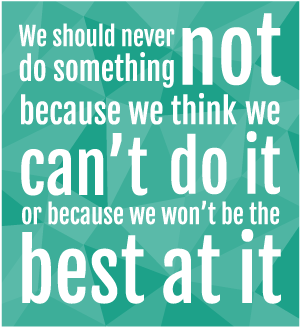Circus Skills Opens Way for Social Connectedness

Juggling scarves or smashing plates may not sound like your typical therapy session but for Honora Jenkins, it offers the ideal way for kids, and adults, to feel engaged and connected in a fun, energetic and safe space.
The Wollongong-based circus facilitator has been working with Flourish Australia, formerly Richmond RPA, for the past 12 months at its New Outlook mental health social recovery centre, a drop-in facility that looks at meaningful activity and social connectedness as important contributions to a person’s recovery.
Honora utilises her circus skills to facilitate activities for the facility’s clients, who, at times, simply want to watch and observe the playful antics she gets up to. “I’II get out the hoops and start rolling them around, or jumping over them, or running balls around, and that energy is contagious,” she says.

“I suppose, for me, circus therapy is about inclusion. It’s all about real, honest-to- goodness inclusion.”
It’s this approach to inclusion and connection which underlies much of what Honora does with the people she works with. For her, it’s not about being perfect in hanging from a trapeze or juggling a handful of scarves at once, and looking like a professional performer, it’s about having fun and giving something new, a go. It’s a lesson she learned from her teacher when she joined Circus WOW, an organisation that offers a variety of circus training and workshops for adult women.

“She was not looking at what I was terrible at, but what I was doing well. And, I got stronger. I wasn’t getting stronger in order to do it, I was getting stronger by doing it, and by doing it badly, but I was getting stronger and better.”
After learning the basics, she undertook a workshop on Holistic Circus Therapy (HCT), a concept created by Jill Malgio that combines occupational therapy with circus arts to address the unique health and wellbeing needs of individuals. While Honora does not specialise in the occupational therapy side of HCT, she has adapted the philosophy behind the concept and combined this with her practical knowledge in circus skills to think creatively about how she can help a person with a mental health challenge.

“A lot of people slip through the cracks and I suppose I just want to be there, wherever I can find a place, to do this kind of work, to create opportunities for people and to have a play.
“We’re never too old to play. We should never not do something because we think we can’t do it or because we won’t be the best at it, that’s not the purpose here, the purpose is to have a bit of fun. And to have conversation.”
She recalls one young man who dismissed the scarves as something “too girly”. But, once he had given them a go, he found he enjoyed throwing them around. It was during one of these moments of tossing the scarves around that he started talking to Honora about other things on his mind. It was informal and non-threatening, a way of being there for someone that she prefers, as opposed to asking questions, such as, ‘What’s your problem?’ and ‘How can I fix it?’ It’s not what she does.
“We all have challenges and if we have the opportunity to find something to step beyond those challenges, and find our strengths within those challenging areas, then fantastic. We can find the strength in anyone and circus is really good for that.”
For more information on Honora Jenkins, visit: www.honorajenkins.com.
Newsletter
Stay up to date
Sign up to our Mind Reader newsletter for monthly mental health news, information and updates.